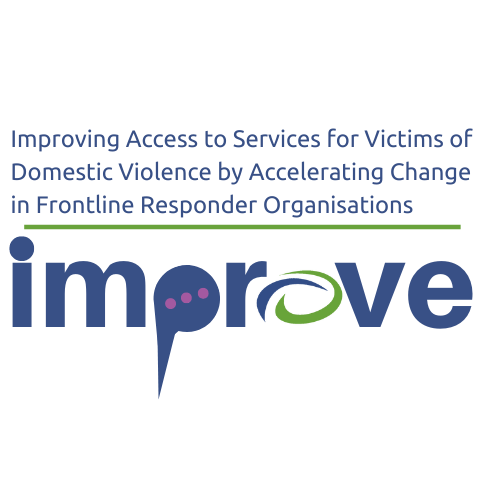WP4
Enabling, improving and accelerating domestic violence policy implementation
In WP4, we first identify policy enablers (T4.1), which should be exploited and activated in priority areas to overcome the most detrimental gaps and barriers in DV policy implementation. At the same time, we develop the analytical method, which enables us to perform this prioritisation (T4.2). Doing these two tasks in parallel allows testing and modifying the method while analysing the partner countries’ national situations as documented in D1.3 and D.1.4
Thus, we improve the suitable method incrementally while also identifying the most urgently required improvements in policy implementation that would accelerate policy change.
Methodology
Our Method for Identifying Change Accelerators (MICA) is based on an analytical method to assess policy gaps and risks developed by the CNRS. This approach draws on the International Organisation for Standardisation guidelines on risk assessment and risk management. The strength of this method is that in addition to identifying and mapping gaps and risks, it can be employed to review and assess promising solutions, as well as to prioritise the areas and changes that have the greatest potential to bring about substantial policy improvements. This method has already been tested in the higher education sector – about ten universities use it in France – and is central to a European Erasmus+ project aiming to modernise the management of eight South-East Asian universities (PURSEA, CBHE 609879).
Work Package Lead
